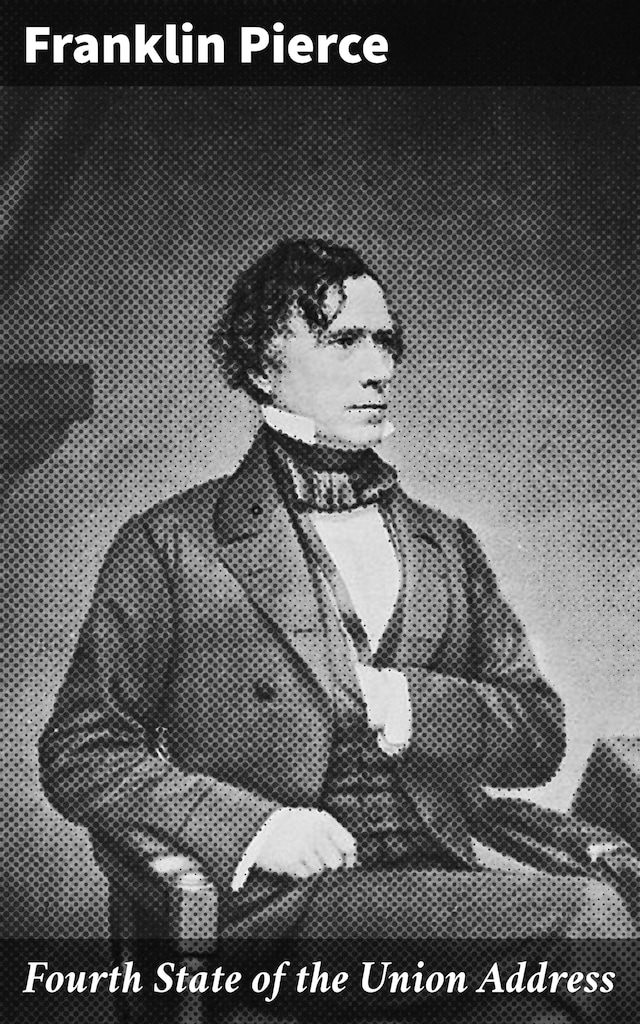
Fourth State of the Union Address
A Presidential Address on America's Complex Issues
Description of book
In the "Fourth State of the Union Address," delivered in 1855, Franklin Pierce articulates the pressing issues of his presidency, including the contentious debates surrounding sectionalism, foreign policy, and national unity. Pierce employs a formal yet evocative rhetorical style, aiming to persuade Congress and the American public of the necessity for compromise amid growing tensions between North and South. The address reflects the geopolitical concerns of its era, demonstrating an awareness of the expanding nation and the need for cohesive governance in the face of impending civil strife. Historical context reveals Pierce'Äôs belief in Manifest Destiny as an essential doctrine to foster national growth and unity, often juxtaposed against the moral dilemmas posed by slavery. Franklin Pierce, the 14th President of the United States, faced significant challenges during his presidency from 1853 to 1857. A Northern Democrat from New Hampshire, Pierce's commitment to preserving the Union amid rising sectional tensions likely informed his choice to address issues of national importance during his fourth annual address. His life experiences, including a background shaped by his family's commitment to the Union and his political maneuvers during his tenure, provide a vital lens for understanding this pivotal moment in American history. This address is essential reading for anyone interested in the complexities of 19th-century American politics and the institutional challenges faced by a nation on the brink of civil war. Scholars and general readers alike will find Pierce's thoughtful approach to governance, political responsibility, and the need for unity amidst division to be strikingly relevant in contemporary discussions of political discourse and national identity.
 Franklin Pierce
Franklin Pierce 37 Pages
37 Pages